An apology is a good way to have the last word
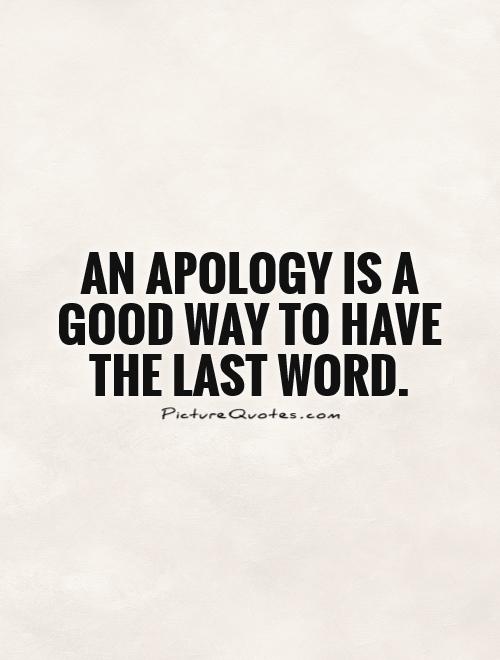
An apology is a good way to have the last word
In the world of anonymous communication, where individuals can hide behind screens and aliases, the concept of having the last word can be a powerful tool. When disagreements or conflicts arise in online interactions, it can be tempting to engage in heated debates or arguments in an attempt to prove oneself right. However, in many cases, this only serves to escalate the situation and create further animosity between parties.An apology, on the other hand, can be a powerful way to defuse tensions and bring closure to a conflict. By acknowledging one's mistakes or shortcomings and expressing genuine remorse, an apology can demonstrate humility and a willingness to make amends. In the context of anonymous communication, where misunderstandings and misinterpretations are common, offering an apology can help to clarify intentions and prevent further misunderstandings.
Furthermore, an apology can also serve to humanize the anonymous individual behind the screen. In online interactions, it can be easy to forget that there is a real person with real feelings on the other end of the conversation. By offering a sincere apology, the anonymous individual can show that they are capable of empathy and understanding, and are willing to take responsibility for their actions.
In some cases, having the last word can be seen as a sign of victory or dominance. However, in the context of anonymous communication, where the true identity of individuals is often unknown, the desire to have the last word can be a futile pursuit. Instead of focusing on winning arguments or proving oneself right, anonymous individuals can choose to prioritize understanding, empathy, and reconciliation.
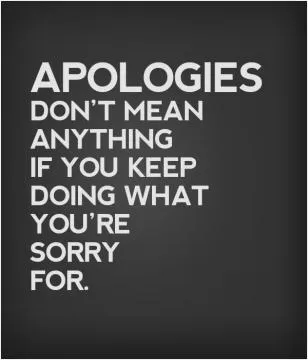
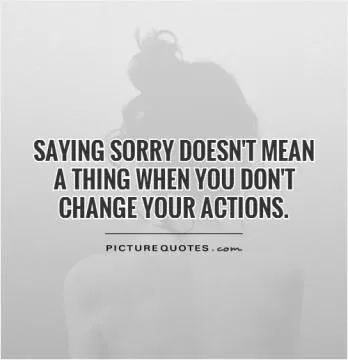
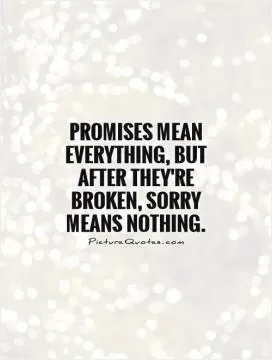

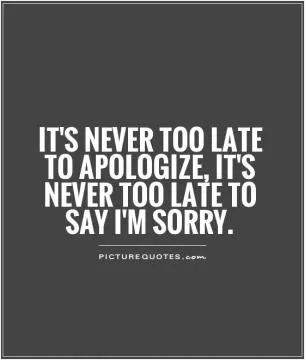
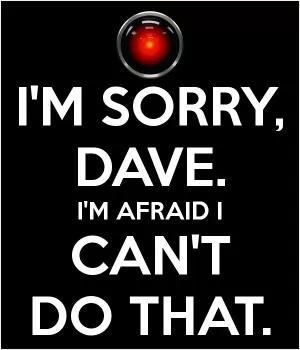
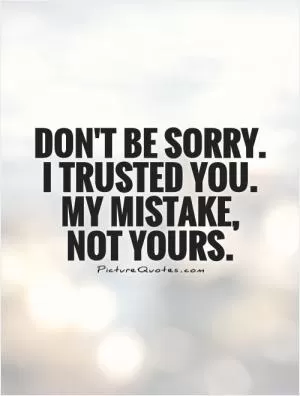

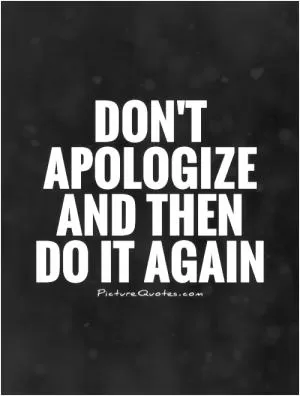

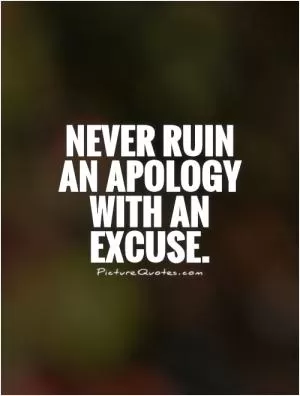

 Friendship Quotes
Friendship Quotes Love Quotes
Love Quotes Life Quotes
Life Quotes Funny Quotes
Funny Quotes Motivational Quotes
Motivational Quotes Inspirational Quotes
Inspirational Quotes